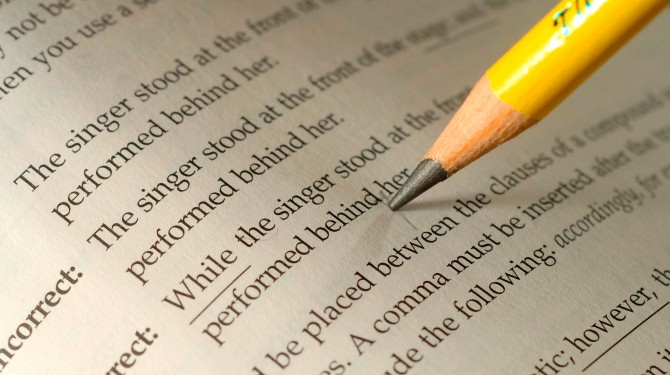5 Facts About Learning Disabilities

We can’t talk about education without talking about how people learn. Everyone learns a little bit differently, and it’s important to find ways to get every student the information they need in the way they need it — a task that takes time and attention, and can be made more complicated by learning disabilities.
Although everyone’s heard of learning disabilities, you might not have a clear idea of what they are or why they matter. We’ve put together five things you need to know.
1. What They Are
A learning disability is a neurological condition that affects a person’s ability to take in new information or to recall information that they’ve already learned.
These difficulties can stick with a person for their entire life, so learning disabilities aren’t a problem that only affects children in school. For many people, they’re a lifelong struggle.
2. What They’re Not
There are other conditions that are usually lumped in with learning disabilities but that aren’t really the same thing, like ADHD. A condition like that can certainly make it difficult for someone to learn, but it isn’t directly related to the way their mind absorbs or recalls information.
3. They’re Not Related to Intelligence
A learning disability doesn’t come from having low intelligence. In fact, for an issue to be classified as an actual learning disability, it must affect people with average intelligence or higher. (If it only affects people with lower-than-average intelligence, the condition is usually considered either a cognitive impairment or developmental disability.)
4. There are Different Kinds of Learning Disabilities
In the United States, learning disabilities are usually grouped into one of four areas: input, integration, storage, and output.
- Input deals with the senses and how we absorb information.
- Integration concerns how information coming in is interpreted, sequenced, or connected to other information in a person’s mind.
- Storage issues affect how a person remembers what they’ve learned and can involve short-term memory, working memory, or long-term memory.
- Output-related learning disabilities can affect a person’s ability to express the information they know, whether it’s a delay in recalling information or a speech impairment that prevents them from expressing themselves through words.
5. There’s No One Cause
Because there are so many different kinds of learning disabilities, there is no single cause. They can be influenced by genetics, environmental factors, and random accidents. This also means that there’s no single solution to dealing with learning disabilities. In most cases, a learning disability will stay with someone for their entire life.
Of course, this in no way means that a learning disability can’t be managed or that a person with a learning disability can’t be successful. Lots of famous people have learning disabilities, like Whoopi Goldberg, who’s been diagnosed with dyslexia.
Understanding yourself — how you take in information, what strategies work for you — is a major part of getting the most out of your education. So for an adult student, it’s not just math or science that matter: learning about yourself can make all the difference in being a successful student.
Support Seeds of Literacy in helping learners of all kinds with a donation today.



